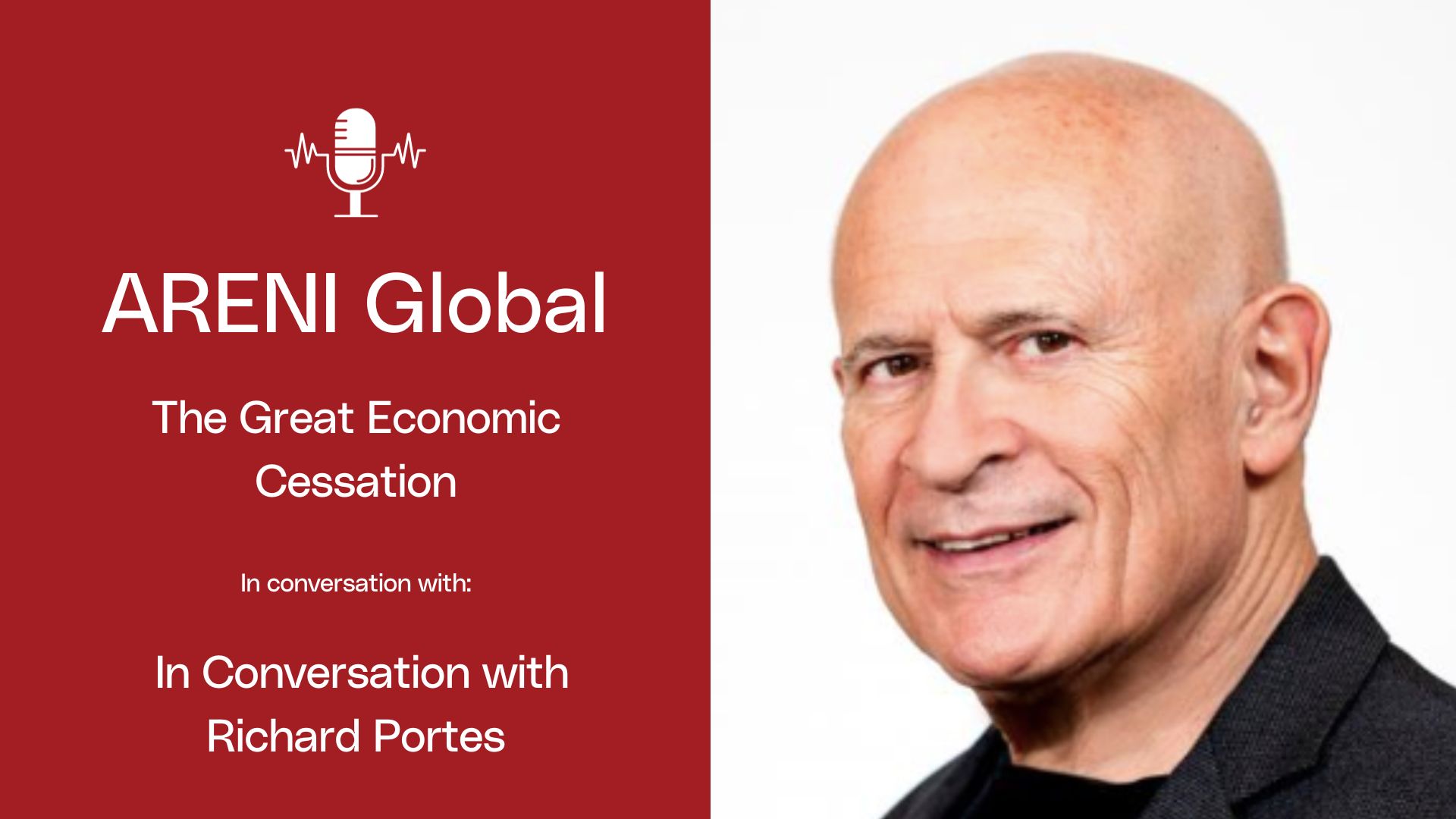Podcast – The Great Economic Cessation – In Conversation with Richard Portes
This week with Richard Portes, Professor of Economics at London Business School, we talk Great Cessation & pandemic economy.
With a current situation that can’t by any means be compared to previous crisis or wars, with an unprecedented outlook for a “return to normalcy”, we draft a vision for a future for Fine Wine yet to be written.
Richard Portes founded the Centre for Economic Policy Research, a network of mainly academic economists whose objective is to promote collaboration in research and dissemination among both academics and policy makers. He’s currently deeply involved in EU financial stability policy making.
In a rush? Here are some of the major takeaways.
What is unique about the current situation?
“This crisis is really unique, in that it is not an economic depression nor a recession, but an almost complete cessation of economic activities, without, so far, a crash of the financial system.
Serious investigation of the market right now is terribly difficult because the circumstances are unprecedented. And, however much we may look back at past pandemics, they are interesting precedents, in a sense, and you can draw some economic conclusions from them, but what is going on now is unprecedented”
Could we compare this situation to war times? Will the levers of “economic reconstruction” be the same?
War comparisons are not economically relevant either. In times of war, production capacity and equipments are being destroyed, and with post-combat re-building come employment and growth. People can’t spend because of rationing, and historically indulge when goods become available again.
“Today we are seeing an opposite situation. We have no need for physical reconstruction. People will likely remain unemployed after the crisis, and those still with a job will focus on rebuilding precautionary savings rather than increase their spending”.
So, what are the scenarios/models you are working on in order to plan ahead?
” We are working on three different economic scenarios. The first one is V-shaped, with swift growth following the current fall. Then we have the W-shaped, where growth comes back slowly, and falls down again, following a second episode of quarantine for example. And then finally, a U-shaped one, where, following a huge fall, growth is extremely slow to come back”.
Richard cautioned his view is pessimistic and believes the comeback will be slow. Things that can be done (and are already being done) to minimise the economic impact : furlough schemes to support those who are employed, income support for those who aren’t, and providing finance to firms that would otherwise have to shut down completely.
Will people buy the same way, the same goods when the crisis is over?
“What we’ll see is – and this has a direct impact on the wine trade – in the medium term is that households will want to save more and rebuild precautionary savings.”
Global trends include:
– reduction in globalisation and international trade, for the first time in a few decades. Firms are likely to favour shorter and local supply chains, likely to result in increased prices for the final consumer.
– reduction in global travel, both personal and professional, highly impacting oenotourism.
Can we expect other major impact on the Fine Wine world?
“My wine merchant has so far done a fantastic job in opening my interests and constantly selecting new regions or producers for me to discover. With them not being able to travel that much and visit wineries, I might have to go back to classics because of a lack of alternatives”.
Our research, publications and events are only possible thanks to people like you. If you are in the capacity to do so, please consider supporting ARENI.

